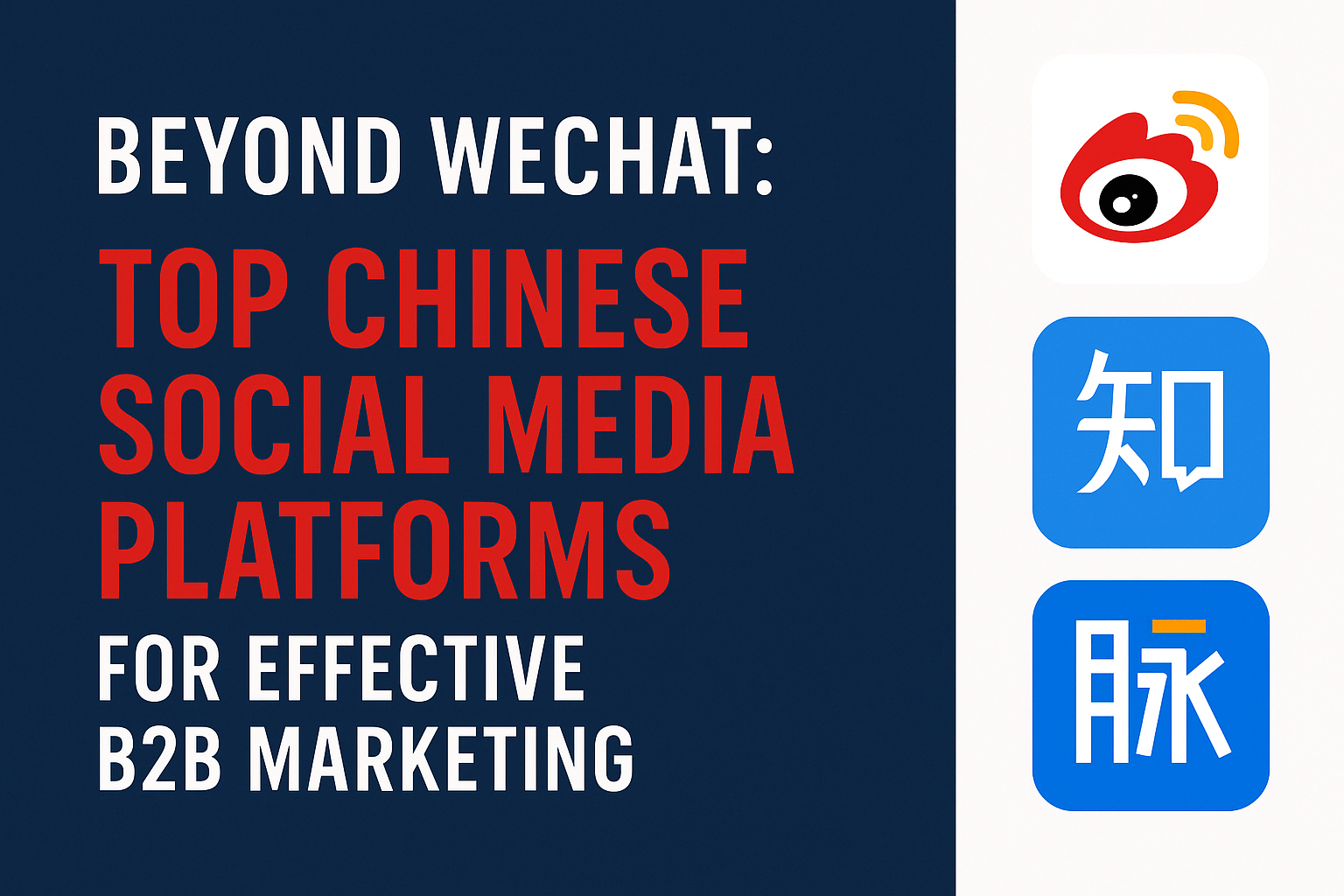China NFT and metaverse marketing requires Tiffany, other global luxury brands, to tread lightly and be creative
Brands must respect China’s ban on trading in cryptocurrencies and NFTs while attempting to connect with the country’s young, tech-savvy consumers. Despite China’s strict policy, there are still ways for Chinese consumers to trade cryptocurrencies and NFTs. They can try to get around restrictions on cryptocurrency exchange platforms by trading with friends outside of China.
Want Your Brand Collaboration To Stand Out In China? Get Nostalgic:
Utilizing well-known cartoons or regional food brands that evoke nostalgia is one trend that stands out when analyzing collaborations in China. 77% of Chinese consumers will like items that bring back nostalgic thoughts in 2021, such as childhood snacks.
Link: https://jingdaily.com/brand-collaboration-nostalgia-marketing-spirited-away/
Will Global Luxury Brands Forget About Bilibili?
Bilibili has only recently become popular in China, despite years of steady growth as it seized the once-niche “ACG” (anime, comics, and games) subculture. Tens of millions of new users have joined the platform since then, which is known for its “bullet chats,” real-time comments that fly across users’ screens as they watch videos, and a large amount of expert, user-generated content. It has also caught the attention of companies like Dior, Shiseido, and Mercedes-Benz.
However, the platform’s financial results are not particularly impressive. The main issue for Bilibili is turning its rapid user growth—305.7 million MAUs—into actual profitability.
Link: https://jingdaily.com/bilibili-q2-2022-profitability-user-growth
How Luxury Fashion Brands Approach Douyin Marketing in China
More than 60% of the businesses on Deloitte’s 2021 Global Top 100 Luxury Companies list, including Gucci, Louis Vuitton, and Dior, are already active on Douyin, according to the 2021 Douyin Luxury Industry Annual Inventory Report published by Trend Insight, a platform that provides Douyin marketing data for KOLs and brands.
Typically, luxury brands would work with regional KOLs to introduce their new products and conduct their own live streaming on Douyin’s official account. Luxury brands also use the following alternatives:
- VIP rooms,
- Douyin Challenge,
Link: https://mp.weixin.qq.com/s/ZYRV5NFipUbxOvHqcfDcwg
Top influencer Li Jiaqi’s online return gives Alibaba a renewed edge in huge live-streaming sales channel
The Lipstick King, Li, unexpectedly made a comeback to Alibaba’s live-streaming platform on Tuesday night, attracting over 60 million viewers to his show that featured home goods, underwear, and cosmetics. Without providing any additional information, either Li or Alibaba blamed a technical error for the June suspension of his show.
Li and Viya, a rival live-streaming queen, have become some of China’s most significant retail sales figures. On the first day of the Singles’ Day shopping festival last year, the two companies collectively sold goods worth 20 billion yuan (US$2.84 billion). This year’s Singles’ Day schedule has been made public by Alibaba, and the presales will begin late in the following month. This year’s Singles’ Day competition will feature a live streaming war.
Li’s new background was adorned with the phrase “shop consciously,” which he would only utter aloud before going missing. In an effort to hold online shopping companies responsible for their actions, the slogan “shop consciously” has repeatedly appeared in state media and local government notices since Chinese President Xi Jinping’s term began in 2013. He is obviously being cautious this time.
ByteDance launches fast fashion womenswear platform “If Yooou”
ByteDance, the parent company of TikTok, has introduced the “If Yooou” fast fashion womenswear line. The online brand currently focuses on the mainstream Western and Northern European markets, including those in the United Kingdom, France, Germany, Italy, Sweden, and other nations.
ByteDance has previously dabbled in women’s fashion with a lookalike of SHEIN. Early in 2021, the Chinese tech giant launched Dmonstudio, an independent fast-fashion e-commerce portal, and compared its results to those of rival SHEIN. Dmonstudio, however, announced on February 11, 2022 that it had ceased operations after just three months in business.
ByteDance must therefore concentrate on developing distinctive features to draw in and keep customers in order to avoid a similar fate as If Yooou.
Link: https://daoinsights.com/news/bytedance-launches-womens-fashion-retail-platform-if-yooou/
Observation on the trend of China’s mobile Internet users in 2022
Mobile Internet users in China have been steadily increasing. 1.36 billion users are currently active; their average monthly usage time is 218.1 hours, and they use 23.7 apps on average each month. Video services, life services, and mobile shopping are the top three apps that users of mobile Internet use.
There are now more senior citizens who have access to the Internet. The elderly enjoy news, quick videos, square dances, and other applications. The dominant consumer segment has gradually shifted to “Generation Z.”
Mobile Internet users’ preferred methods of consumption are gradually shifting, traditional e-commerce platform growth is typically flat, and “social” and “interest e-commerce” are becoming more popular. Mobile office applications have advanced quickly in terms of working procedures.



